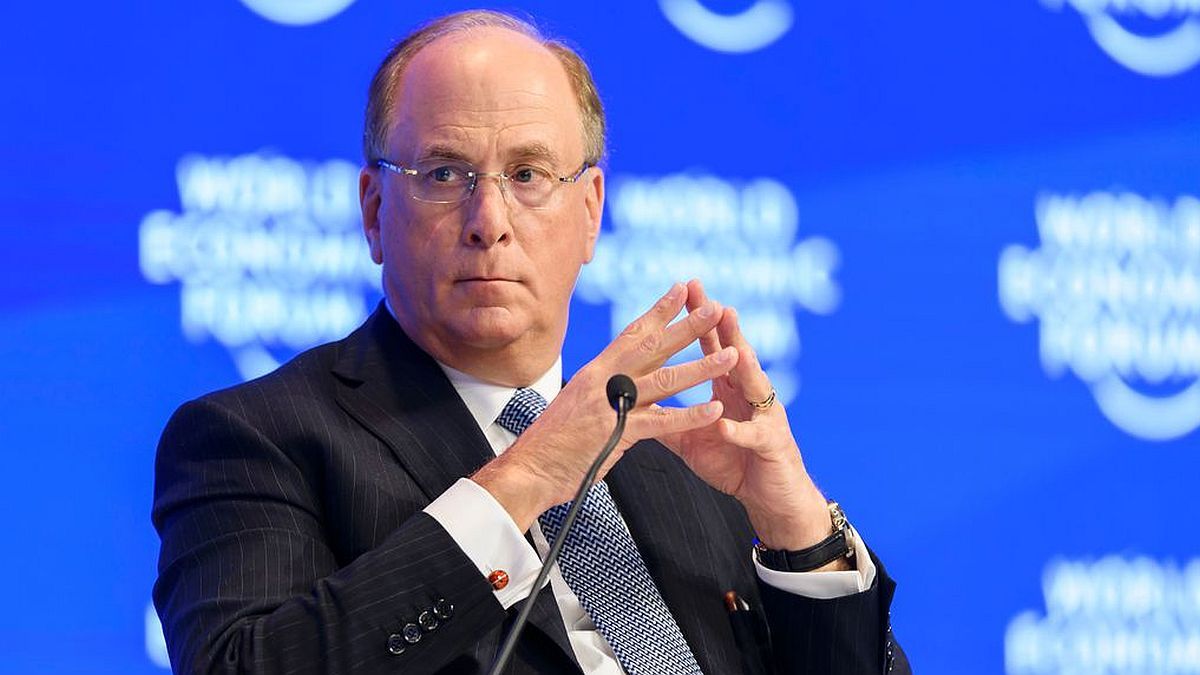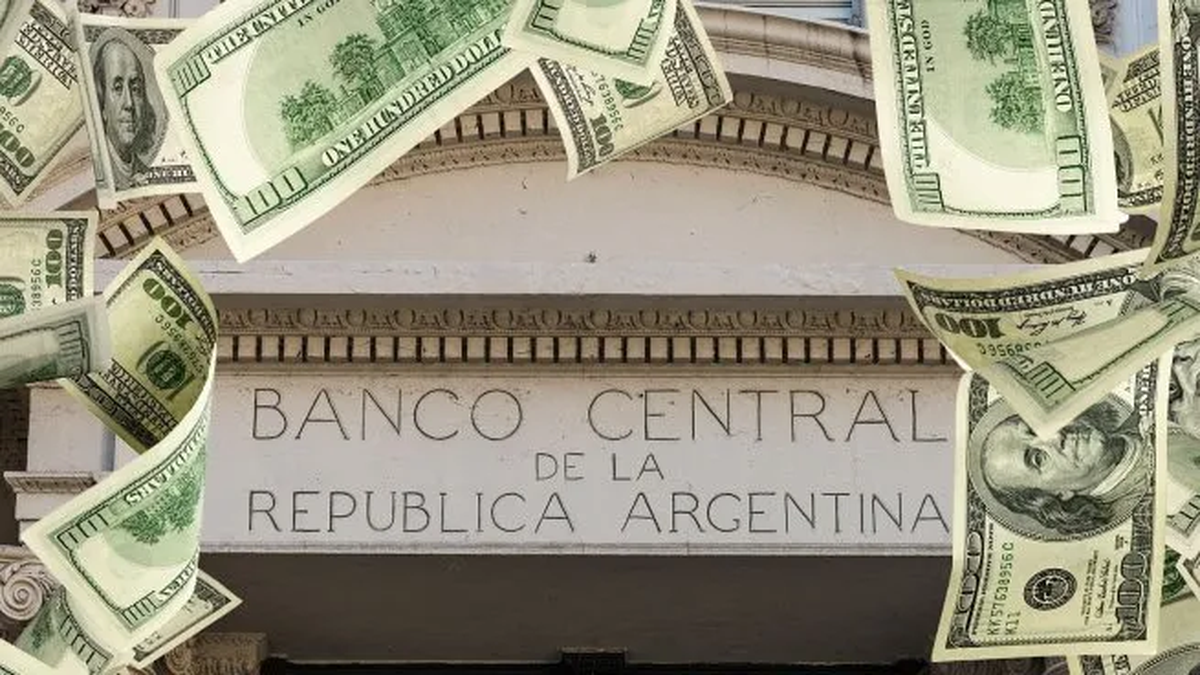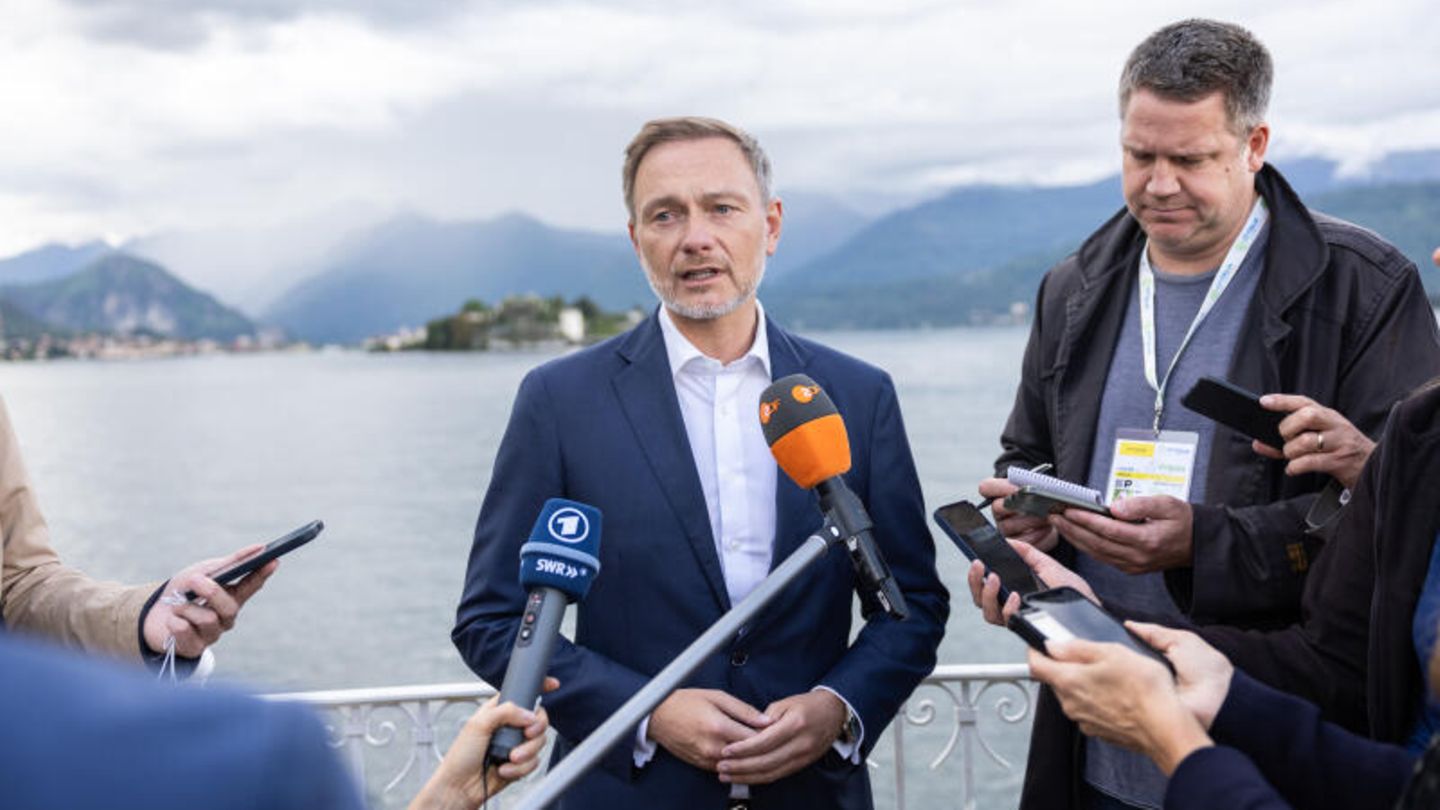I have been working in the news industry for over 6 years, first as a reporter and now as an editor. I have covered politics extensively, and my work has appeared in major newspapers and online news outlets around the world. In addition to my writing, I also contribute regularly to 24 Hours World.
Menu
Why Christian Lindner is arguing in Italy about aid to Ukraine
Categories
Most Read
Finance: Klingbeil: Taking responsibility for Ukraine and Gaza
October 14, 2025
No Comments
Clash between the Union and the SPD: coalition dispute over military service escalates
October 14, 2025
No Comments
Compulsory military service: SPD surprisingly drops compromise
October 14, 2025
No Comments
Bundeswehr: Coalition agreement on military service collapsed
October 14, 2025
No Comments
Pro-Russian cyber attack: Hackers attack public procurement portal
October 14, 2025
No Comments
Latest Posts

BlackRock reported a record $13 trillion in assets under management and its shares rose sharply on Wall Street
October 14, 2025
No Comments
October 14, 2025 – 19:05 BlackRock, the world’s largest asset manager, reported solid financial results for the third quarter of the year. AFP BlackRockthe world’s

Hamas handed over four more bodies to Israel in the Gaza Strip
October 14, 2025
No Comments
The IDF will inspect the coffins before covering them with national flags. The remains will then be transferred for identification and to confirm whether they

Dollar today: how much it closed at this Tuesday, October 14
October 14, 2025
No Comments
October 14, 2025 – 18:08 Find out how much the official dollar, blue, the MEP dollar and the CCL are trading at. He official dollar
24 Hours Worlds is a comprehensive source of instant world current affairs, offering up-to-the-minute coverage of breaking news and events from around the globe. With a team of experienced journalists and experts on hand 24/7.

